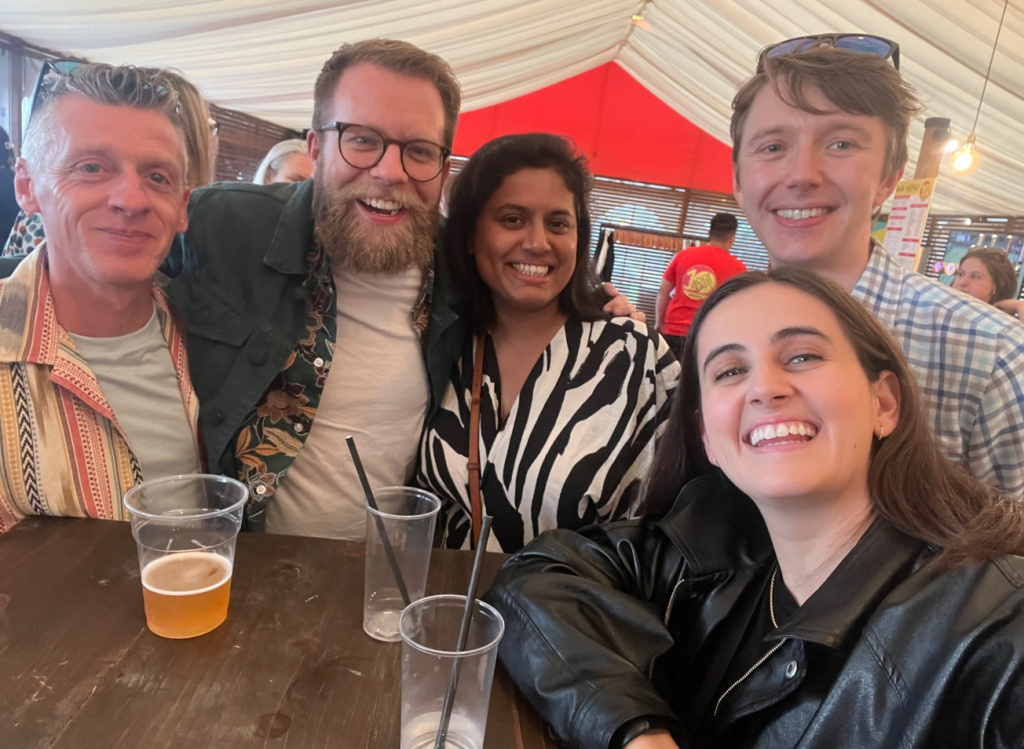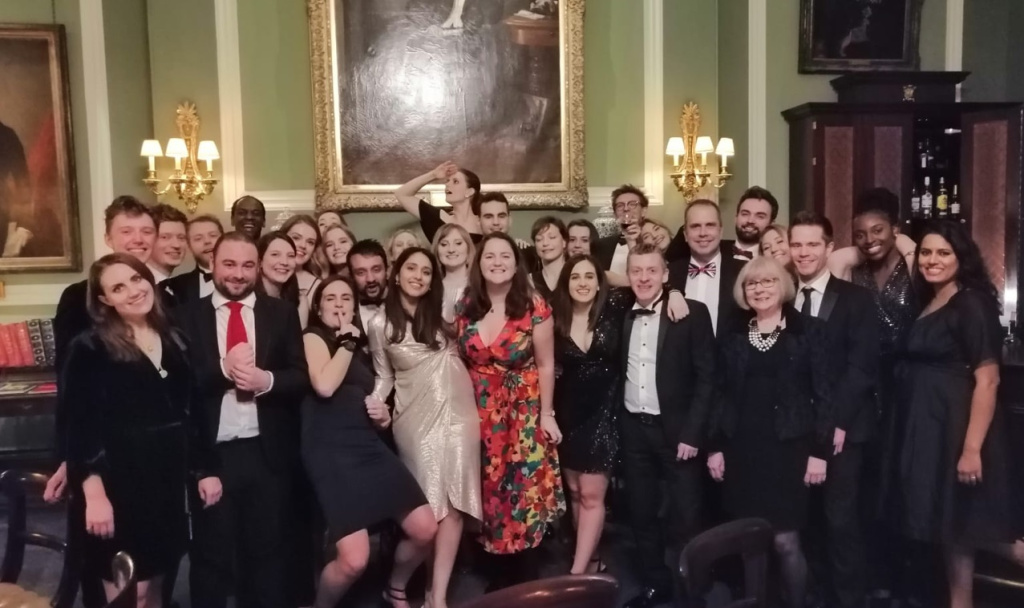30Under30 Honouree: Emma Levin

Great to hear from Significant Insights Global 30 under 30 honouree Emma Levin who specialises in policy and elections-focused research at Savanta.

So, how did you get into the industry, and take us through how you got to this point?
The 2015 UK General Election was my first as a voter and I got obsessed with tracking the polling, which continued through the EU Referendum and US Election in 2016 and the 2017 General Election – despite polling being seen to get all those big calls ‘wrong’, I decided I wanted to do that anyway!
I started on the ComRes (now Savanta) Graduate Scheme in 2018 and after a year of rotating around the different sectors, settled in our Infrastructure team where I predominantly helped clients in the rail sector navigate the challenges brought about by Covid-19 before moving into our Politics team in 2021.
My role in the team has evolved over the years but I currently lead on Savanta’s political clients, which includes media organisations, political parties, government departments, think tanks and campaigning organisations while working on our self-published research including being a key researcher and spokesperson during the 2024 UK General Election.

Why should anyone consider a career in market research, data and insights?
In a world where we increasingly spend our time in on and offline echo chambers among likeminded individuals, working in public opinion research gives you the chance to understand perspectives, values and human behaviour that may differ from your own and gives you a greater understanding of society as a whole.

Career paths are rarely without challenges. Can you share an honest moment from your career when things didn’t go quite according to plan, but the lessons remain with you to this day?
The winter lockdowns during Covid was without a doubt the hardest period of my career so far. Going through a redundancy period while working from home alone led to me putting in crazy hours at my desk and ultimately burning out. Since this period, I’ve put way more focus on setting boundaries, asking for help when needed and being realistic with myself, colleagues and clients about what can reasonably be achieved in a given time frame (and getting out the house for a walk every single day when working from home!).

What two things should junior researchers focus on as they progress in their careers?
Tell the story – anyone can scroll through a set of data tables and pick out the biggest numbers. Your value as a researcher comes from understanding the wider context and being able to articulate the ‘why’ and the ‘what next’.
It isn’t going anywhere, so embrace AI and emerging technologies – junior researchers are almost at an advantage here as they aren’t as tied to traditional approaches! Stay aware of the limitations, but be open, curious and willing to learn.

Do you have any advice for our sector?
While technology advancements present new challenges, the value of understanding ‘real people’ could be higher than ever in an increasingly AI-driven world. Our industry’s credibility, however, relies entirely on people trusting the data we produce and therefore data integrity should be at the core of everything we do. Cutting corners on data quality for short-term profitability will ultimately harm the value and trustworthiness of market research in the long run.

And do you have anyone who has helped your career so far that you’d like to acknowledge and say thanks or give a shout out to?
James Rentoul and Meghan Oliver who first interviewed me for the ComRes Graduate Scheme and nodded along politely as I spoke confidently about things they knew I didn’t really understand and have over the last 6 years always been there to offer guidance and support.
Katy Owen who at a key juncture in my development (gently) pushed me to become the researcher she knew I could be, taught me the importance of standing up for yourself and others in the workplace and gave me the line management template I try my best to follow.
And finally, to Chris Hopkins, who it feels far too simplistic to refer to as just my ‘manager’ and ‘friend’. He’s taught me pretty much everything I know about political research, been my biggest advocate, encouraged me to be my authentic self and spent far too much time listening to me moan and talking to me about lower league football. He has been there for me through all the professional and personal ups and downs, and I could never thank him enough.
